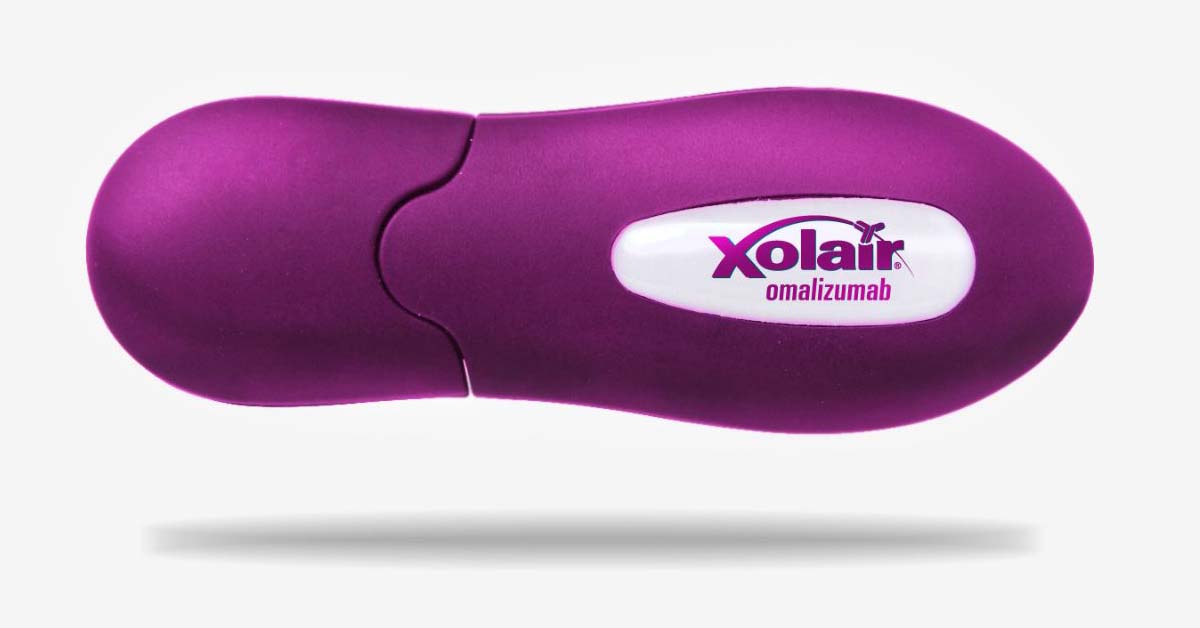According to a study published in Annals of Allergy, Asthma & Immunology, omalizumab — sold under the brand name Xolair — may provide an effective treatment for patients with idiopathic anaphylaxis (IA) that do not have mast cell clonal disorders and for whom prior treatments have failed. These patients do not respond to high dose antihistamines limiting their treatment options.
Dr Lauren W Kaminsky — lead author and researcher in the Allergy, Asthma and Immunology section of the Department of Medicine at Penn State College of Medicine — and colleagues wrote:
Anaphylaxis, a potentially life-threatening systemic reaction, is most commonly caused by stinging insects and medications in adults and by foods in children and adolescents. However, in about 13% to 18% of patients, no triggers are identified, and these patients are diagnosed with idiopathic anaphylaxis, [which] can be a manifestation of clonal mast cell disorders such as systemic mastocytosis and monoclonal mast cell activation syndrome; however, evidence of mast cell clonality is absent in most of these patients.
The researchers performed a retrospective review at two separate institutions of medical records of patients with a diagnosis of IA who did not show evidence of mast cell clonality and who had received treatment with omalizumab.
They then searched PubMed for studies describing omalizumab use in similar patients. Information on symptoms and omalizumab therapy was compiled, and response pattern of anaphylaxis was determined.
A total of 35 patients were identified that had IA, showed no evidence of mast cell clonality, and who received omalizumab. Ages ranged from 11-54 with a median age of 36 years.
The study found that most patients achieved clinical response after starting omalizumab with 22 (63%) achieving a complete response, 10 (28%) a partial response, and 3 nonresponders.
The study concluded that omalizumab may be an effective treatment option for patients with idiopathic anaphylaxis who do not have evidence of mast cell clonality and fail to respond to antihistamines and mast cell stabilizers.
Kaminsky and colleagues wrote:
Larger studies are needed to be able to make management recommendations for use of omalizumab for idiopathic anaphylaxis. Additional considerations include extended duration at follow-up after omalizumab start as there may be a delay in onset of action and possibility of dose and/or frequency increases if no response or only partial response to omalizumab is initially achieved.
The current study provides preliminary results that may serve to inform physicians caring for patients with idiopathic anaphylaxis, especially those unresponsive to high-dose nonsedating antihistamines and those who are steroid-dependent.
- Use of omalizumab for management of idiopathic anaphylaxis — Annals of Allergy, Asthma & Immunology
- Omalizumab may help treat idiopathic anaphylaxis in patients who failed on prior therapies — Healio






